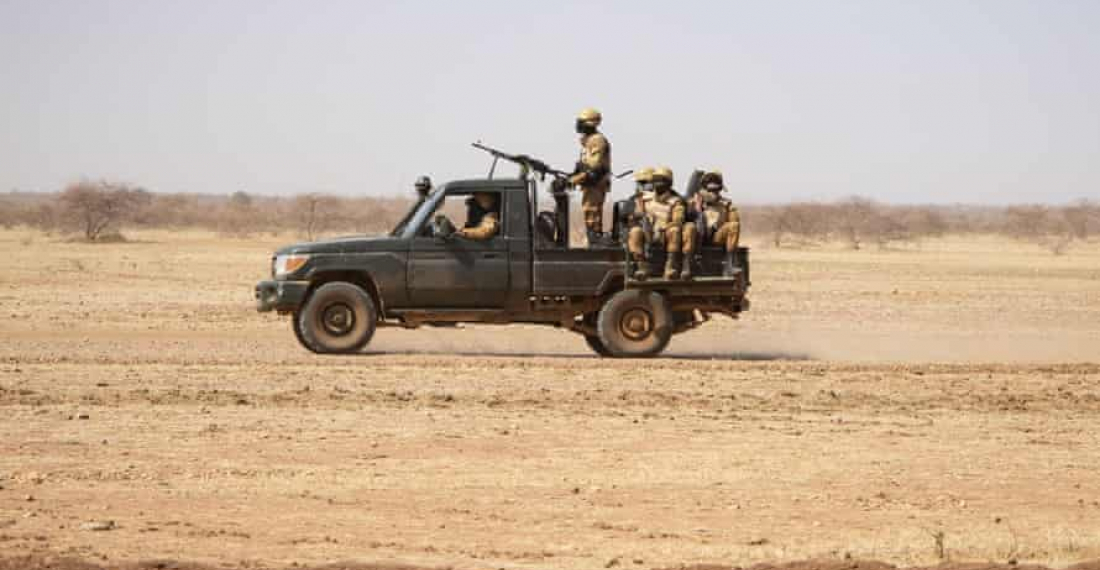More than 30 people are reported killed on Monday (3 May) in an attack by a jihadist-inspired militia in the east of Burkina Faso, in Africa's troubled Sahel Region.
Reuters news agency reports that the attack took place in the village of Hantoukoura near the border with Niger in Est region – an area hit by rising insecurity as jihadist groups with links to al Qaeda and the Islamic State seek to gain control over territories across the Sahel region.
In a statement, Est Governor Saidou Sanou said that more than 10 civilians and two members of a civilian defence militia were killed by the unidentified attackers, who also torched a number of shops and ransacked the health centre. But four sources, speaking on the condition of anonymity, told Reuters that the death toll stood at around 30, making it one of the deadliest single attacks in Burkina Faso in the past year or more.
It was not immediately clear who was responsible for the attack; however, Jihadist groups have been active in the area fuelling religious and ethnic tensions between farming and herding communities in Mali, Burkina Faso and Niger in order to boost recruitment among marginalised communities.







